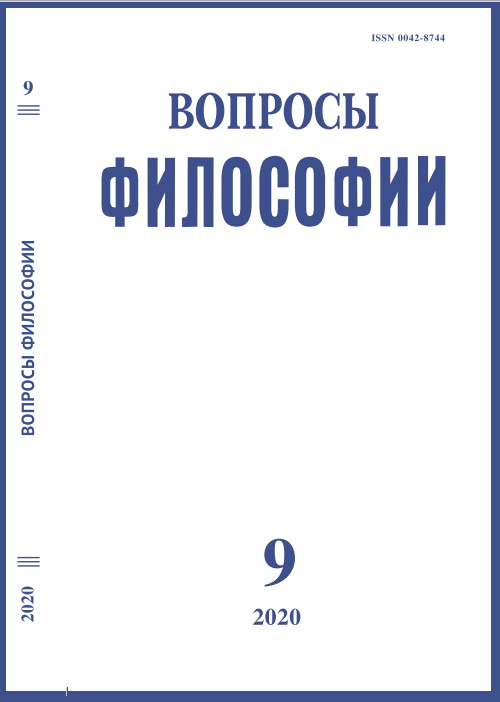Systemic-communicative Theory of Science 30 Years Later
DOI:
https://doi.org/10.21146/0042-8744-2020-9-127-138Keywords:
science of society, Niklas Luhmann, systemic-communicative theoryAbstract
The system-communicative approach to the analysis of science is being reconstructed with special attention to the relation of science to its highly complex external world. The problem of complexity is posed as a key one and is considered in the context of the communicative “reduction of complexity” of the external world. At the same time, the complexity of the external world that science faces is divided into two large areas. On the one hand, science observes the external world itself, i.e. nature, society, the human psyche, as its object, and this performs a unique function: conducting scientific research. On the other hand, science is forced to respond to the complexity of world society (politics, economy, religion, education, law, etc.). In the latter case, science does not perform a function, but acts as a provider of achievements upon request of the aforementioned communication systems. The possible answers of the system-communicative theory to the problem of the social complexity of the external world of science are analyzed, a number of corrections are proposed that should be made to this theory taking into account the latest social changes, primarily transdisciplinary trends in science and the emergence of social network communication and its impact on structural interfaces sciences with other social systems.

